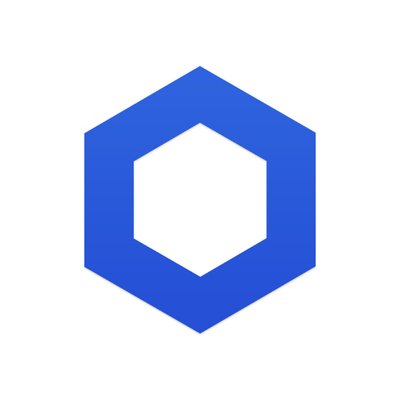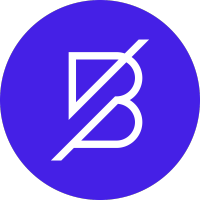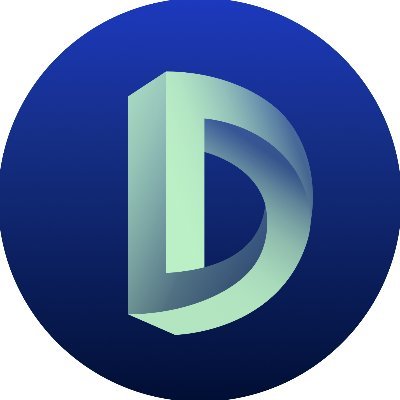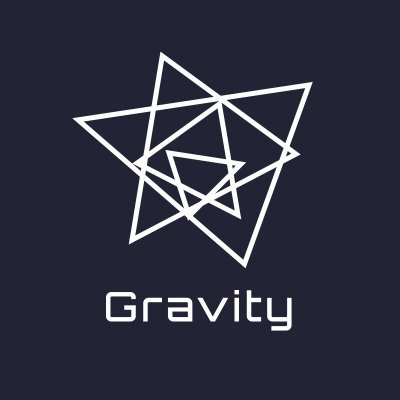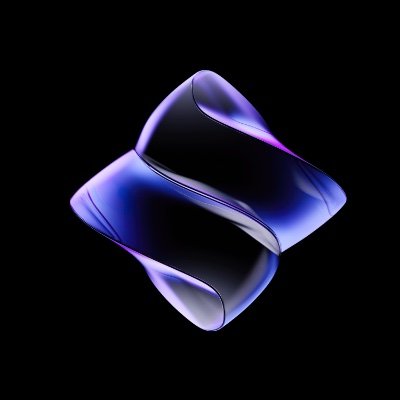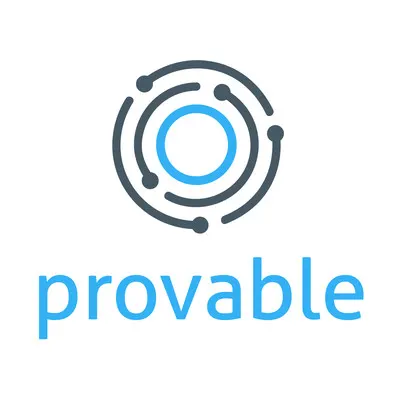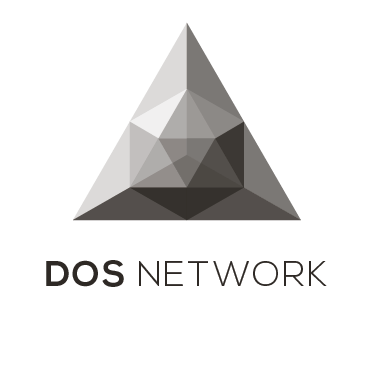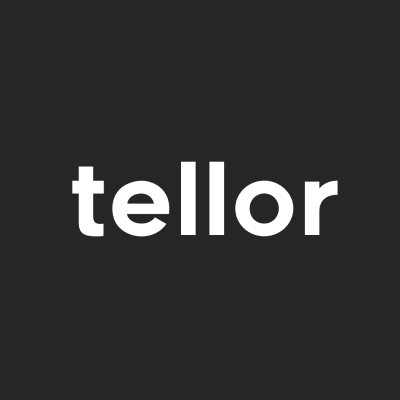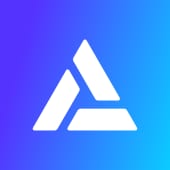




Top Blockchain Oracles
Find the best dev tools for your blockchain project faster with the ultimate web3 library
AllAPIsSDKsStorageNode ProvidersExplorersIndexersDeployment ToolsIdentity ToolsWalletsOraclesPayment Tools
Sort:
Filters
Data Feeds
Additional products
What is a Blockchain Oracle?
A Blockchain Oracle acts as a bridge between the blockchain and the external world. Blockchains, by design, are isolated systems that can't access external data. Oracles provide a way for smart contracts on blockchains to interact with external data, systems, or events. They play a crucial role in expanding the capabilities of smart contracts, allowing them to trigger actions based on real-world occurrences, such as price movements, weather conditions, or other off-chain events.
Blockchain Oracle's Features
- Data Feeds: Oracles can feed external data into smart contracts, enabling them to make decisions or trigger actions based on this data.
- Trustworthiness: The reliability of oracles is vital, as incorrect or manipulated data can adversely affect smart contract operations.
- Types of Oracles: There are various oracle types, including software oracles (for online data), hardware oracles (for physical data), and human oracles.
- Decentralization: While some oracles are centralized (single point of data input), decentralized oracles leverage multiple data sources to ensure accuracy and reduce manipulation risks.
- Use Cases: Oracles are used in various applications, from Decentralized Finance (DeFi) platforms determining asset prices to insurance contracts triggered by real-world events.
